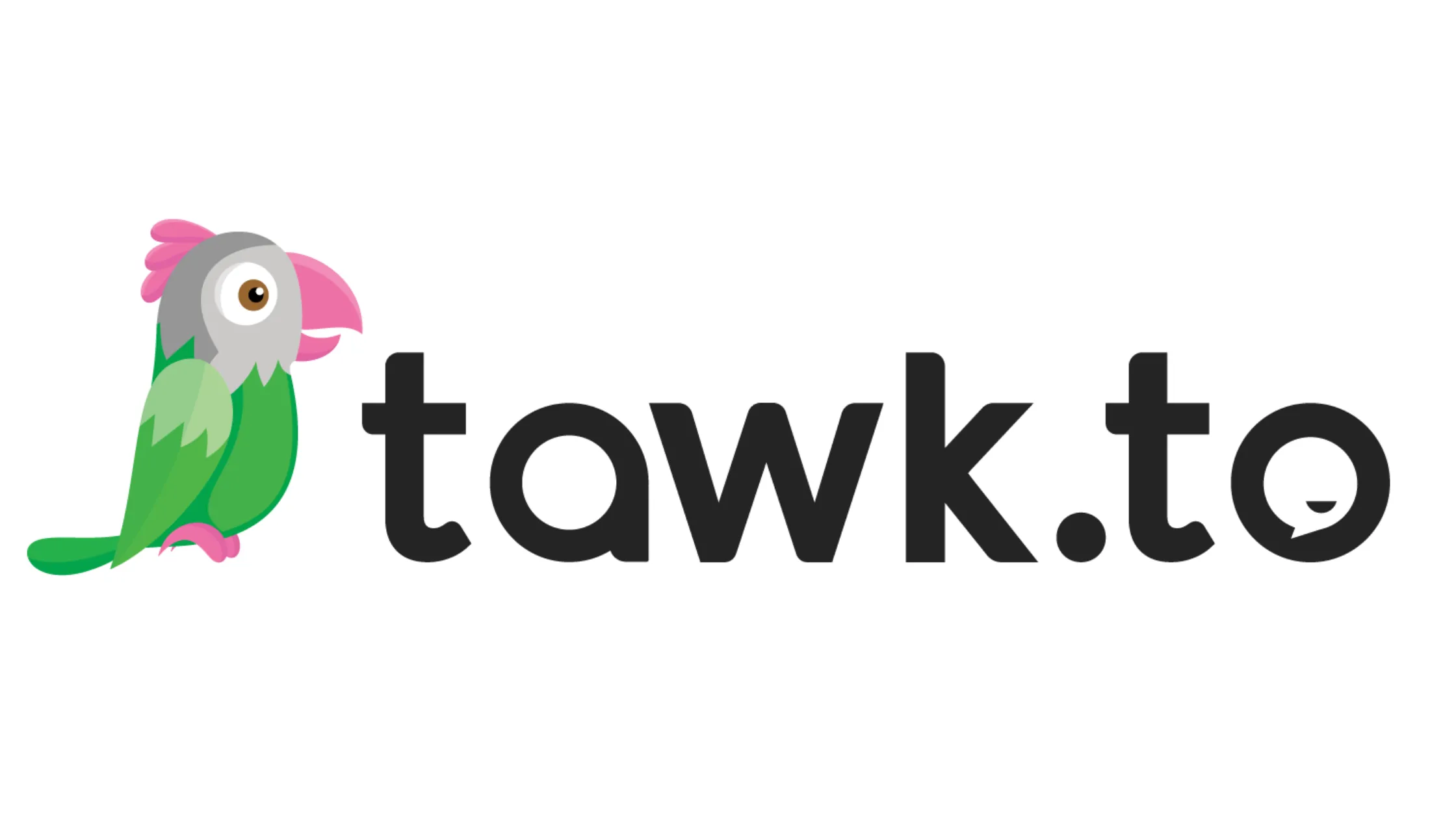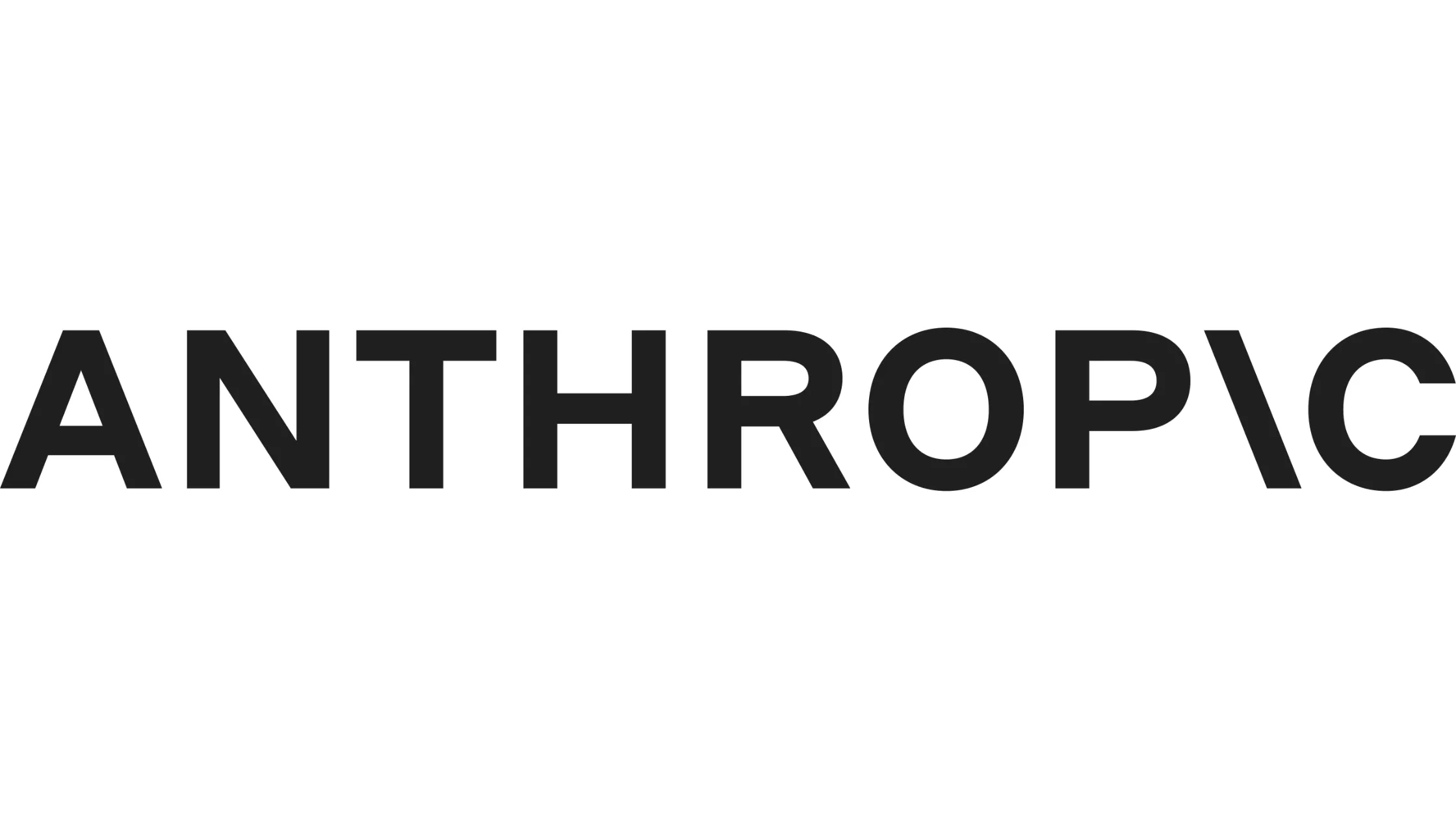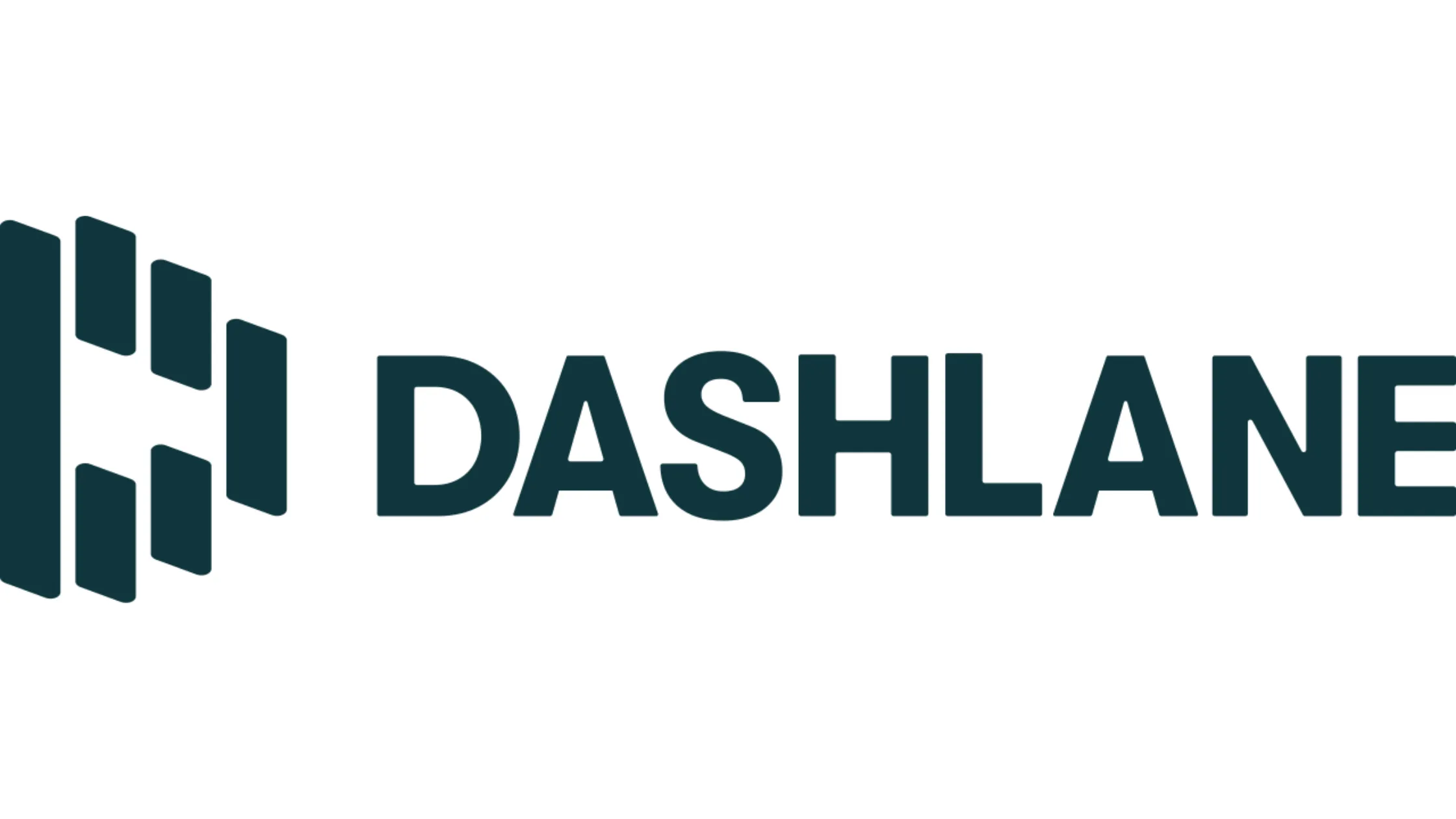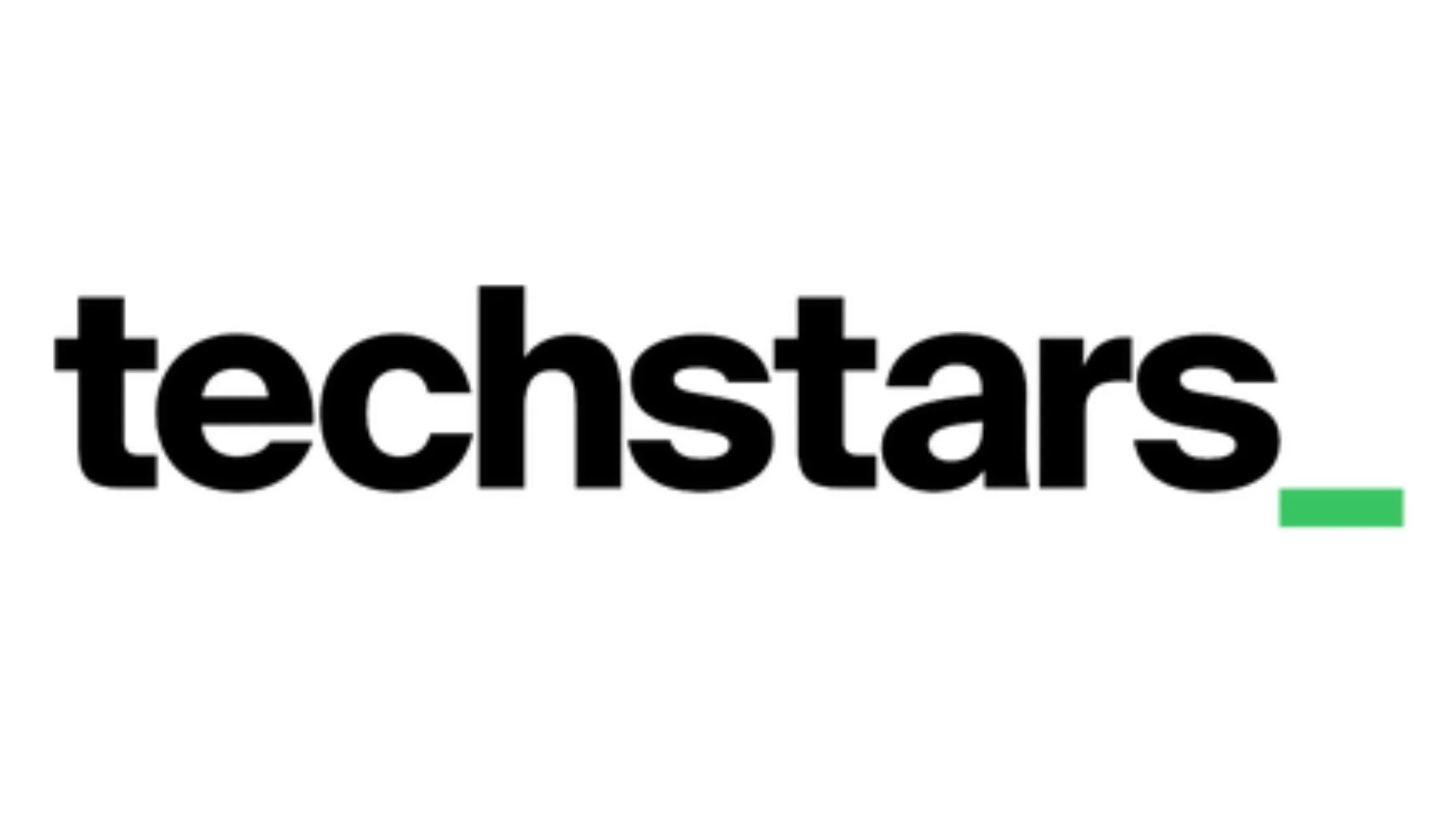
What is Pre-Seed Funding?
Uncover the essentials of pre-seed funding for startups. Learn strategies to secure early-stage capital and set your venture up for success.
You've got a brilliant idea, a prototype that's turning heads, and a vision that could change the world. But there's just one tiny problem - you're running on fumes financially. Welcome to the wild world of pre-seed funding, where dreams meet dollars and entrepreneurs take their first steps towards building empires. It's a crucial phase that can make or break your startup, and let's face it, it's about as nerve-wracking as trying to thread a needle while riding a roller coaster.
Pre-seed funding is the financial fuel that gets your startup's engine revving before you've even left the garage. It's the capital that transforms your late-night brainstorming sessions and coffee-fueled coding marathons into a tangible business. But here's the kicker - securing this early-stage funding isn't just about having a groundbreaking idea. It's about knowing how to navigate a complex ecosystem of investors, pitches, and negotiations.
In this deep dive, we're going to unpack everything you need to know about pre-seed funding. We'll explore the ins and outs of this critical stage, share tips on how to catch an investor's eye, and give you the lowdown on what to expect when you're out there hustling for those initial dollars. So, buckle up, aspiring moguls - we're about to embark on a journey through the pre-seed funding maze!
What the Heck is Pre-Seed Funding, Anyway?
Before we jump into the nitty-gritty, let's get our ducks in a row and define what we're talking about here. Pre-seed funding is like the appetizer before the main course in the startup funding journey. It's the initial capital that helps entrepreneurs transform their ideas into something tangible - a minimum viable product (MVP), if you will.
The Funding Food Chain
In the grand buffet of startup funding, pre-seed is the amuse-bouche. Here's how it typically breaks down:
- Pre-seed funding
- Seed funding
- Series A
- Series B, C, and beyond
Pre-seed funding usually comes before you have a fully-fledged product or any significant traction. It's the stage where you're still figuring out if your idea has legs, and you need a little cash to help you find out.
Show Me the Money!
So, how much moolah are we talking about here? Well, pre-seed rounds typically range from $50,000 to $500,000. That might sound like chump change compared to the eye-watering sums you hear about in later funding rounds, but remember - at this stage, a little goes a long way.
Who's Footing the Bill?
Now that we've got the 'what' sorted, let's talk about the 'who'. Who are these brave souls willing to bet on your startup when it's still more idea than reality?
The Three F's: Friends, Family, and Fools
Just kidding about that last one! But seriously, your initial funding often comes from people who know you personally and believe in your ability to turn your vision into reality. These early believers might include:
- Your Great Aunt Edna who always said you'd do great things
- Your college roommate who's now a hotshot lawyer
- That guy from your networking group who's always looking for the next big thing
Angel Investors: Your Guardian Angels of Funding
Angel investors are individuals who invest their own money in early-stage startups. They're often successful entrepreneurs themselves and can bring valuable experience and connections to the table along with their cash.
Accelerators and Incubators: Your Startup Gym
These programs provide funding, mentorship, and resources to help get your startup off the ground. They're like boot camps for your business, whipping it into shape and getting it ready for the big leagues.
The Pre-Seed Funding Hustle
Alright, now that you know who might be willing to throw some cash your way, how do you actually get your hands on it? It's time to put on your hustling shoes and get to work!
Perfecting Your Pitch
Your pitch is your startup's calling card. It needs to be slicker than a greased pig and more compelling than a Netflix cliffhanger. Here are some key elements to include:
- The problem you're solving (make it relatable!)
- Your innovative solution (cue the "oohs" and "aahs")
- Your target market (show them the money!)
- Your team (because people invest in people)
- Your traction (even if it's just enthusiastic nods from potential customers)
Networking Like a Boss
In the world of pre-seed funding, it's not just what you know, it's who you know. Get out there and mingle! Attend startup events, join entrepreneurial groups, and don't be shy about sliding into a potential investor's LinkedIn DMs (professionally, of course).
Building Your MVP
Remember, pre-seed funding is all about proving your concept. Use this money to build a minimum viable product that you can show off to potential investors and customers. It doesn't need all the bells and whistles - just enough to demonstrate that your idea has legs.
The Pros and Cons of Pre-Seed Funding
Like everything in life, pre-seed funding isn't all sunshine and rainbows. Let's break down the good, the bad, and the ugly.
The Upside
- Cash to get your idea off the ground
- Validation of your concept
- Potential mentorship and guidance
- A stepping stone to larger funding rounds
The Downside
- Giving up equity in your company early on
- Pressure to show results quickly
- Potential conflicts with investors
- The stress of managing other people's expectations (and money)
Alternatives to Pre-Seed Funding
What if you can't secure pre-seed funding? Or what if you're not ready to give up equity just yet? Don't worry, there are other fish in the sea!
Bootstrapping: The DIY Approach
Bootstrapping means funding your startup yourself. It might mean eating ramen for a while, but it also means maintaining full control of your company. Plus, investors love to see entrepreneurs who have skin in the game.
Crowdfunding: Power to the People
Platforms like Kickstarter and Indiegogo allow you to pitch your idea directly to the masses. It's a great way to validate your concept and build a community around your product.
Grants and Competitions: Free Money, Anyone?
Many organizations offer grants for startups, especially in specific industries or for underrepresented founders. And startup competitions can be a great source of both funding and exposure.
The Legal Lowdown
Before you start cashing those pre-seed checks, make sure you've got your legal ducks in a row. This isn't the sexy part of startups, but it's crucial if you want to avoid headaches down the road.
Incorporation: Becoming Official
If you haven't already, now's the time to incorporate your business. This protects your personal assets and makes you look more legitimate to investors.
Term Sheets: The Devil's in the Details
When an investor agrees to fund you, you'll need to negotiate a term sheet. This outlines the terms of their investment, including how much equity they're getting in return. Don't be afraid to get a lawyer to help you understand the fine print.
Intellectual Property: Protect Your Brain Child
Make sure you've got all your intellectual property properly protected. This might include patents, trademarks, or copyrights, depending on your business.
After the Pre-Seed: What's Next?
Congratulations! You've secured your pre-seed funding. But don't rest on your laurels - the journey's just beginning.
Milestone Madness
Use your pre-seed funding to hit key milestones that will set you up for your next round of funding. This might include:
- Launching your MVP
- Acquiring your first customers
- Hitting certain revenue targets
- Building out your team
Preparing for Seed Funding
As you're working towards these milestones, keep an eye on the future. Start building relationships with seed-stage investors and refining your pitch based on what you've learned during the pre-seed stage.
The Art of the Pre-Seed Pitch
You've got your idea, you've done your homework, and you're ready to start knocking on investors' doors. But how do you make sure your pitch stands out in a sea of startups all vying for that precious pre-seed capital? Let's dive into the nitty-gritty of crafting a pitch that'll have investors reaching for their checkbooks faster than you can say "disruptive innovation."
Know Your Audience
First things first - remember that different investors are looking for different things. A tech-savvy angel investor might want to geek out over your code, while a more business-oriented VC might be more interested in your go-to-market strategy. Do your homework and tailor your pitch accordingly.
Tell a Story
Humans are hardwired for storytelling. Don't just rattle off facts and figures - weave a compelling narrative. Start with the problem you're solving, introduce your solution as the hero, and paint a vivid picture of the future your startup will create.
Show, Don't Tell
If you've got a prototype or MVP, for the love of all that is holy, show it off! Nothing gets investors excited like seeing a product in action. If you're not quite there yet, use mockups, wireframes, or even a good old-fashioned whiteboard diagram to bring your idea to life.
Numbers Talk
While storytelling is important, don't forget that investors speak the language of numbers. Be prepared to discuss your total addressable market (TAM), customer acquisition costs, projected revenue, and other key metrics. And please, for the love of spreadsheets, make sure your numbers add up!
The Pre-Seed Funding Ecosystem
Understanding the pre-seed funding landscape is like trying to navigate a jungle - it's wild, it's constantly changing, and if you're not careful, you might end up as someone's lunch. Let's break down some of the key players and trends in this ecosystem.
The Rise of Micro VCs
Micro VCs are becoming increasingly important in the pre-seed space. These are smaller venture capital firms that specialize in very early-stage investments. They're often more willing to take risks on unproven ideas and can provide valuable guidance as you grow.
Corporate Accelerators
Many large companies are getting in on the startup game by creating their own accelerator programs. These can be a great source of pre-seed funding, especially if your startup aligns with the corporation's interests. Just be aware that they may have their own agenda.
Crowdfunding 2.0
Crowdfunding isn't just for quirky product ideas anymore. Platforms like Republic and SeedInvest allow regular folks to invest in startups, potentially opening up new avenues for pre-seed funding.
The Pre-Seed Dilemma: How Much to Raise?
One of the trickiest questions in pre-seed funding is figuring out how much money to ask for. Ask for too little, and you might run out of runway before you can prove your concept. Ask for too much, and investors might balk at the valuation or expect more progress than you can deliver.
The Goldilocks Principle
You want to raise enough to hit your next significant milestone, plus a little cushion for the unexpected (because trust me, the unexpected always happens in startups). A good rule of thumb is to aim for 12-18 months of runway.
The Valuation Dance
Remember, the amount you raise is directly tied to your valuation. If you raise $500,000 for 10% of your company, you're saying your company is worth $5 million. Be prepared to justify that valuation with your traction, team, and market opportunity.
Building Relationships with Investors
Securing pre-seed funding isn't just about the money - it's about building relationships that can support your startup for years to come. Here's how to nurture those all-important investor relationships.
The Long Game
Don't just approach investors when you need money. Start building relationships early, even before you're ready to raise. Share your progress, ask for advice, and keep them in the loop.
Transparency is Key
Once you've got investors on board, keep them updated - the good, the bad, and the ugly. Regular updates show that you're responsible and help build trust. Plus, your investors might be able to help with challenges if they know about them.
Leverage Their Network
Your investors likely have valuable connections in your industry. Don't be shy about asking for introductions to potential customers, partners, or future investors.
The Dark Side of Pre-Seed Funding
While we've painted a pretty rosy picture so far, it's important to acknowledge that pre-seed funding isn't all unicorns and rainbows. Let's take a look at some of the potential pitfalls.
The Equity Trap
Every bit of equity you give away in the pre-seed stage is equity you won't have later. Be careful not to give away too much too soon, or you might find yourself with a smaller piece of the pie than you'd like down the road.
The Pressure Cooker
Once you take on outside funding, you're no longer just answering to yourself. Investors will expect progress, and that pressure can be intense. Make sure you're prepared for the stress that comes with other people's money.
The Pivot Problem
What happens if you realize your original idea isn't working and you need to pivot? Some investors might be understanding, but others might not be thrilled about a major change in direction. Make sure you're aligned with your investors on how to handle potential pivots.
Pre-Seed Funding Around the Globe
While we've largely focused on the U.S. startup ecosystem, it's worth noting that pre-seed funding landscapes can vary significantly around the world.
The European Community
European startups often face a different funding environment, with more government grants available but potentially less private capital. The European Union's Horizon 2020 program, for example, has been a significant source of early-stage funding for many startups.
Emerging Markets
In emerging markets like India and parts of Africa, pre-seed funding often looks quite different. Microfinance and mobile money platforms are playing an increasing role in funding very early-stage startups.
The Asian Ecosystem
Countries like China and Singapore have their own unique startup ecosystems, often with significant government involvement in early-stage funding. Understanding these local nuances is crucial if you're starting up in these markets.
The Future of Pre-Seed Funding
As we wrap up our deep dive into the world of pre-seed funding, let's gaze into our crystal ball and consider what the future might hold.
AI-Driven Investment
We're already seeing the emergence of AI-driven investment platforms that analyze startups and make funding recommendations. Could we see a future where your pre-seed round is decided by an algorithm?
The Tokenization of Everything
Blockchain technology is opening up new possibilities for fundraising. Could we see a future where startups issue tokens instead of equity for pre-seed rounds?
The Rise of the Solo Capitalist
Individual investors with significant capital are increasingly competing with traditional VC firms. This trend could lead to more personalized, hands-on pre-seed investments.
As we come to the end of our journey through the pre-seed funding maze, remember this: securing funding is just the beginning. The real challenge lies in using that capital to build something truly valuable. So take a deep breath, put on your game face, and go make your startup dreams a reality. The world is waiting for your big idea!
The Pre-Seed Funding Checklist
Let's wrap this up with a handy dandy checklist to make sure you're ready to dive into the pre-seed funding pool:
- Develop a solid business plan
- Build a prototype or MVP
- Assemble a kickass team (or at least have a plan for one)
- Perfect your pitch
- Research potential investors
- Network, network, network
- Get your legal ducks in a row
- Prepare for due diligence
- Set clear milestones for your funding
- Have a plan for the next stage
Your Pre-Seed Partner: Why Horizon-Labs.co is Your Startup's Secret Weapon
As we've explored, navigating the pre-seed funding maze is no small feat. It requires a perfect blend of innovation, strategy, and execution. But here's the kicker - even with funding in your pocket, turning your vision into a viable product can be a Herculean task. That's where Horizon-Labs.co comes in, your trusted sherpa in the treacherous terrain of product development.
Led by a Y-Combinator alum, Horizon-Labs.co brings a wealth of experience to the table. We've been in your shoes, we've faced the same challenges, and we've come out the other side. Our team of seasoned product builders understands the unique pressures of the pre-seed stage - the need for speed, efficiency, and above all, results that will impress your investors and set you up for your next funding round.
At Horizon-Labs.co, we're not just another development shop - we're your partners in innovation. We specialize in building tech solutions that are not only cutting-edge but also aligned with your business goals and investor expectations. So why fumble in the dark when you can leverage our expertise? Don't let product development become your Achilles' heel. Contact Horizon-Labs.co today, and let's discuss how we can build your tech better, faster, and cheaper than the competition. Your pre-seed success story starts here!
Frequently Asked Questions (FAQs) about Pre-Seed Funding:
Q: How long does it typically take to raise a pre-seed round?
A: The timeline for raising a pre-seed round can vary widely, but on average, it takes about 3-6 months. Some founders may secure funding in as little as a few weeks, while others might spend up to a year fundraising. Factors that influence the timeline include your network, the strength of your idea and team, and current market conditions.
Q: Are convertible notes common in pre-seed rounds?
A: Yes, convertible notes are quite common in pre-seed funding rounds. They're popular because they're simpler and less expensive to set up than priced equity rounds. SAFEs (Simple Agreement for Future Equity) are also frequently used. Both instruments delay the need to determine a specific valuation, which can be challenging for very early-stage startups.
Q: How much equity should I expect to give up in a pre-seed round?
A: The amount of equity you give up in a pre-seed round can vary, but it's typically in the range of 10-20%. However, this can be higher or lower depending on the amount raised, the perceived potential of your startup, and the terms of the investment. It's important to strike a balance between raising the capital you need and retaining enough equity for future rounds and to keep founders motivated.
Q: Can I raise pre-seed funding without a technical co-founder?
A: While having a technical co-founder can certainly be advantageous, it's not always necessary to raise pre-seed funding. Some investors are willing to back solo non-technical founders, especially if they have a strong vision, domain expertise, and a clear plan for building the technical side of the business. However, you may need to demonstrate how you plan to address the technical aspects of your startup, whether through outsourcing, hiring, or learning the skills yourself.
Q: Are there any government programs or grants available for pre-seed stage startups?
A: Yes, many countries and regions offer grants or funding programs for early-stage startups. In the United States, for example, the Small Business Innovation Research (SBIR) and Small Business Technology Transfer (STTR) programs provide funding for high-risk, high-reward technology startups. The European Union has the Horizon Europe program, which includes funding for startups. Additionally, many local and state governments offer their own startup grant programs. It's worth researching what's available in your area, as these can be excellent sources of non-dilutive funding.
Q: How does pre-seed funding differ from seed funding?
A: Pre-seed funding typically comes earlier in a startup's lifecycle than seed funding. Pre-seed is often used to develop an initial product or prototype, while seed funding is generally used to scale a product that's already showing some traction. Pre-seed rounds are usually smaller (often $50,000 to $500,000) compared to seed rounds (which can range from $500,000 to $2 million or more). Pre-seed investors are often taking a bigger risk, betting more on the founding team and the idea rather than on proven traction.
Q: Can I use crowdfunding platforms for pre-seed funding?
A: Yes, crowdfunding can be a viable option for pre-seed funding. Platforms like Kickstarter or Indiegogo are great for consumer products, while equity crowdfunding platforms like Republic or SeedInvest allow you to raise funds from a large number of small investors. However, running a successful crowdfunding campaign requires significant effort in marketing and community building. It's also important to consider the regulatory requirements, which can vary depending on the type of crowdfunding and your location.
Q: What kind of traction do I need to show for pre-seed funding?
A: While traction is more crucial for later funding rounds, showing some progress can greatly improve your chances of securing pre-seed funding. This doesn't necessarily mean revenue or users. Traction at the pre-seed stage might include:
- A working prototype or MVP
- Letters of intent from potential customers
- Results from market research or customer interviews
- A waiting list of interested users
- Partnerships or collaborations with other companies
Remember, at this stage, investors are often more interested in your potential and your ability to execute than in hard metrics.
Q: How detailed should my financial projections be for pre-seed funding?
A: For pre-seed funding, investors understand that financial projections are largely speculative. However, they still want to see that you've thought about your business model and potential growth. Focus on creating a realistic budget for how you'll use the pre-seed funds and high-level projections for the next 18-24 months. Be prepared to explain your assumptions and show how you plan to reach key milestones that will set you up for your next funding round.
Q: Should I consider international investors for pre-seed funding?
A: International investors can be a great option for pre-seed funding, especially if your startup has global potential or if you're in a region with limited local funding options. They can provide not just capital, but also connections and insights into foreign markets. However, working with international investors can add complexity in terms of legal and tax implications, time zone differences, and potential cultural misunderstandings. It's important to weigh these factors and possibly seek legal advice before pursuing international investment.
Q: How do I handle a situation where an investor wants to be more involved than I'm comfortable with?
A: It's crucial to set clear expectations about investor involvement from the beginning. If an investor wants more involvement than you're comfortable with, have an open and honest conversation about your concerns. Explain your vision for the company and how you see the investor fitting into that. If you can't reach an agreement, it might be better to pass on the investment. Remember, at the pre-seed stage, you're not just getting money - you're entering into a long-term relationship with your investors. It's important that expectations align from the start.
Q: Is it possible to get pre-seed funding without giving up equity?
A: While equity is the most common form of pre-seed funding, there are alternatives. These include:
- Revenue-based financing: You pay back the investment with a percentage of future revenues.
- Venture debt: Loans specifically designed for early-stage startups, often with options for the lender to convert to equity.
- Grants: As mentioned earlier, these can provide non-dilutive funding.
- Customer pre-orders or advances: If you have a B2B product, some customers might be willing to pay in advance.
These options often come with their own challenges and may not be suitable for all startups, but they're worth exploring if you're keen on retaining full equity at this stage.
Need Developers?
We help startups build ideas into apps their customers will love (without the engineering headaches).
















For Startups & Founders
We've been founders ourselves and know how valuable the right communities, tools, and network can be, especially when bootstrapped. Here are a few that we recommend.
.png)
9 Best Product Development Agencies in Irvine, California (2025 Edition)
Looking for the best product development agency in Irvine, CA? Check out our 2025 roundup of top product design & software companies to bring your ideas to life
Read more
Best Product Development Agency: San Francisco Bay Area 2025
Looking for the best product development agency in the San Francisco Bay Area? Explore our picks for 2025, featuring product design, software dev, and more.
Read more
Is Sharetribe Right for Your Business? 10 Questions to Ask
Discover if Sharetribe is the best fit for your marketplace. Compare ST vs Cocorico, explore alternatives, and answer 10 crucial questions before you decide.
Read more
How Tawk.to Can Boost Your Startup’s Customer Support Game
Learn how Tawk.to can benefit startups by enhancing customer support and engagement. Perfect for early-stage founders!
Read more
Grow Your Startup With Anthropic's AI-Powered Tools
Discover how Anthropic's cutting-edge AI tools can accelerate your startup's success. Learn about their benefits and see why they can be trusted by startups.
Read more
Dashlane
Simplify password management and security for your startup with Dashlane. Discover how it protects your data, scales with your team, and boosts efficiency.
Read more
How Startups Can Leverage OpenAI’s API for Growth
Learn how startups can leverage OpenAI’s API to automate tasks, boost productivity, and build smarter apps without breaking the bank.
Read more
What is Equity for Startup Founders?
Learn what equity is, why it matters for startups, and how to allocate it effectively. A beginner's guide for startup founders.
Read more
What is a Term Sheet?
Learn the essentials of term sheets in this beginner-friendly guide for startup founders, covering key terms, negotiation tips, and common pitfalls to avoid.
Read more
CereberalValley.ai
Explore CerebralValley.ai, the essential community for AI startups. Connect with AI experts, access resources, and network with investors to accelerate growth.
Read more
Alchemist Accelerator
If you're a B2B startup, Alchemist is by far one of the greatest communities that can accelerate your startup. Highly recommended!
Read more
Techstars: Launching Pad for Tech Startups
Discover how Techstars, the premier startup accelerator, can supercharge your venture with mentorship, funding, and a global network of innovators.
Read more